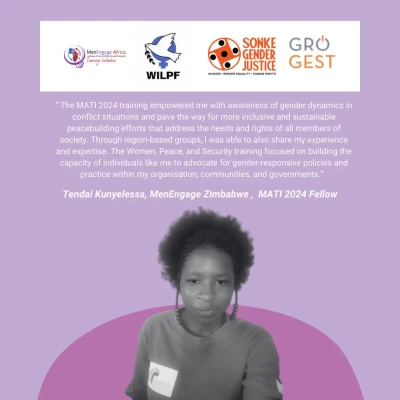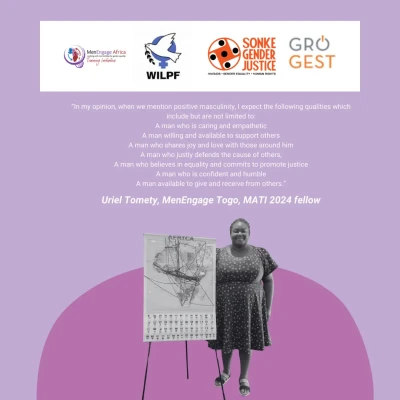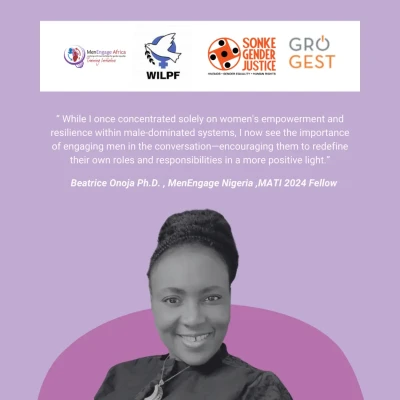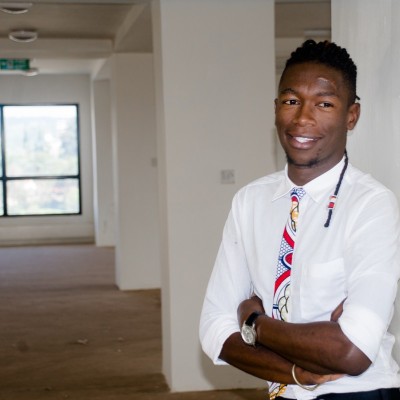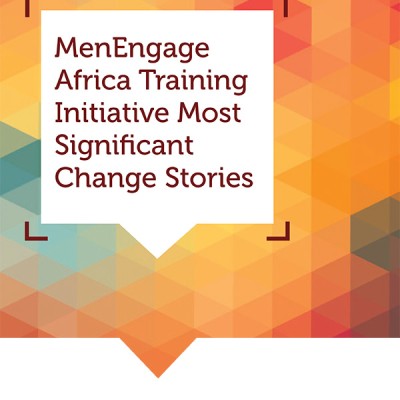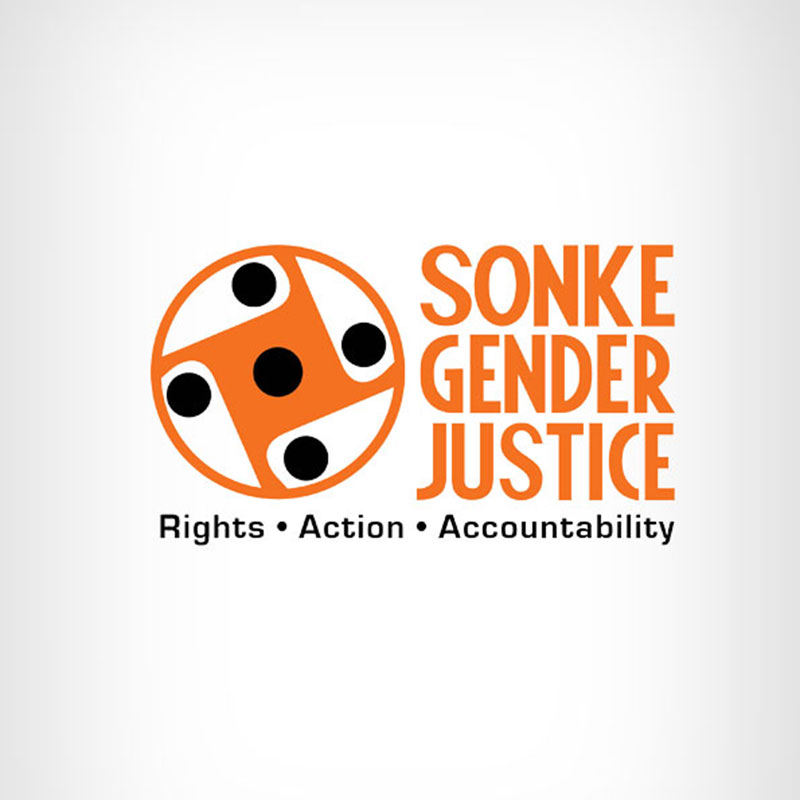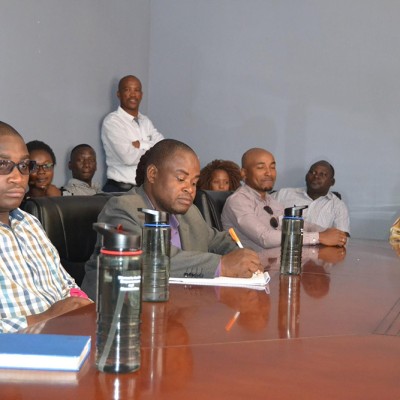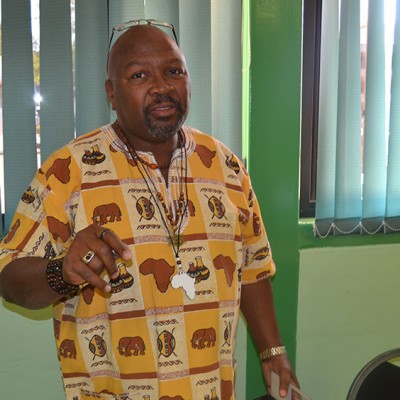
The MenEngage Africa network, Sonke Gender Justice and the Women’s Health Research Unit of the University of Cape Town (UCT) hosted the second MenEngage Africa Training Initiative course, “Masculinities, Leadership and Gender Justice in sub-Saharan Africa”, at UCT from 16-26 September 2013.
About the Course
“Masculinities, Leadership and Gender Justice in sub-Saharan Africa” is a short, intensive, two-week residential course which seeks to expand the skills and knowledge of women and men in the sub-Saharan Africa region to scale up work on engaging men and boys in gender equality, and to build a network of leaders and gender justice advocates. In so doing, it aims to strengthen existing work on the greater involvement of men and boys in the prevention and response to sexual and gender-based violence, sexual and reproductive health and rights, HIV and AIDS, fatherhood, LGBTI (lesbian, gay, bisexual, transgendered and inter-sexed) people’s rights and other issues pertaining to gender equality.
The course incorporates a mix of thematic and skills-building sessions covering both theoretical and practical components as well as site visits and daily opportunities for self-reflection.
Thematic sessions address the aims mentioned above, while the skills-building sessions specifically address leadership (including youth leadership), organisational development, research methods, advocacy, resource mobilisation and monitoring and evaluation.
As part of the training, participants are expected to submit a ‘Project for Change’ proposal, which will be refined during the course and, most importantly, implemented within their respective organisations once the course is completed. The Project for Change is a project or programme that is applicable to engaging men for gender equality. It can focus on sexual and gender-based violence, HIV and AIDS, sexual and reproductive health or LGBTI rights to name a few potential thematic areas. It can be an existing project that requires expansion or strengthening, or a new initiative that must be implemented upon completion of the course. Through the implementation of the Project for Change, it is hoped that participants will be able to practically employ the additional skills and knowledge gained from this training.
To assist participants with the implementation of their Projects for Change, the course incorporates a six-month mentorship programme. This mentorship component is a critical aspect of the training as it seeks to provide participants with ongoing support and guidance as they implement their projects at the conclusion of the training. Participants can elect their own mentor or have one appointed for them. Ultimately, certification for the MenEngage Africa Training Initiative (MATI) will be based on satisfactory implementation of the Project for Change and thorough engagement in the Mentorship Programme.
The organisers trust that this course will contribute to the strengthening of both individual and organisational capacities.
Summary of the First Course
From 20-30 August 2012, the first MenEngage Africa Training Initiative course ‘Masculinities, Leadership and Gender Justice in Sub-Saharan Africa’ took place at the University of Cape Town in South Africa. It brought together 23 participants (14 males and 9 females) from 14 African countries (Burundi, Democratic Republic of Congo, Kenya, Malawi, Mozambique, Namibia, Nigeria, Rwanda, South Africa, Swaziland, Tanzania, Uganda, Zambia and Zimbabwe).
The course content was delivered by global and regional experts and leaders in the fields of gender, human rights and social justice, for example, on topics such as ‘Why Engage Men?’ and ‘Gender, Culture, Tradition and Religion.’ Evaluations from the first course indicated that participants found the training very useful and it increased their knowledge and skills by 41%. This is a positive outcome demonstrating that the modules on the course were effective in transferring knowledge and skills to participants on how to work with men and boys for gender equality.
Target Audience
The course is intended for gender activists, programme staff and project managers from women’s rights, children’s rights, sexual and reproductive health and rights, HIV and AIDS, and LGBTI organisations, youth leaders, government officials, UN agency representatives, donors, academics and media advocates.
Who is Eligible?
The ideal candidate will:
- Work in a field where they can influence gender justice and gender equality through their positions within non-governmental organisations (NGOs), community-based organisations (CBOs), government, UN agencies, donors, academic institutions, faith-based organisations, juridical systems or other relevant organisations in Sub-Saharan Africa.
- Have a minimum of 3-5 years work experience in gender, advocacy, human rights, social justice and/or sexual and reproductive health and rights issues.
- Demonstrate commitment and interest in strategies and programmes aimed at engaging men for gender equality within Sub-Saharan Africa.
- Have proven and demonstrable leadership experience/skills.
- Have a basic understanding of gender issues, particularly around gender justice.
- Demonstrate an understanding, commitment and willingness to be part of an intense ten day residential course.
- Have an innovative proposal for a ‘Project for Change’, to be implemented on completion of the course.
- Have the support of their organisation for both participation in the course and implementation of their Project for Change (where applicable).
- Hold a Bachelor’s degree in international relations, human rights, health rights, gender or other relevant fields (practical experience will be taken into account in lieu of an educational background).
- Be fluent in English.
- Have interest or experience in running training courses.
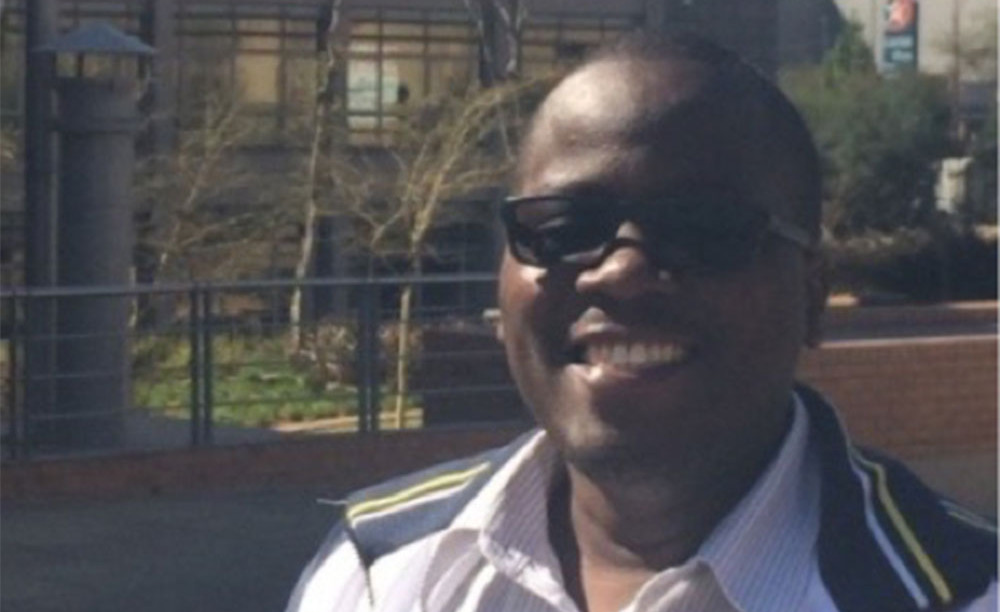
Danny Gotto (pictured above) attended the second MenEngage Africa Training Initiative (MATI) course entitled ‘Masculinities, Leadership and Gender Justice in Sub-Saharan Africa’ which took place in Cape Town, South Africa in September 2013. Mr Gotto, a Ugandan medical doctor working towards male involvement in maternal health, has become a shining beacon on the personal transformation that can take place through participation in training courses that speak to the importance of men’s involvement in the attainment of gender equality.

